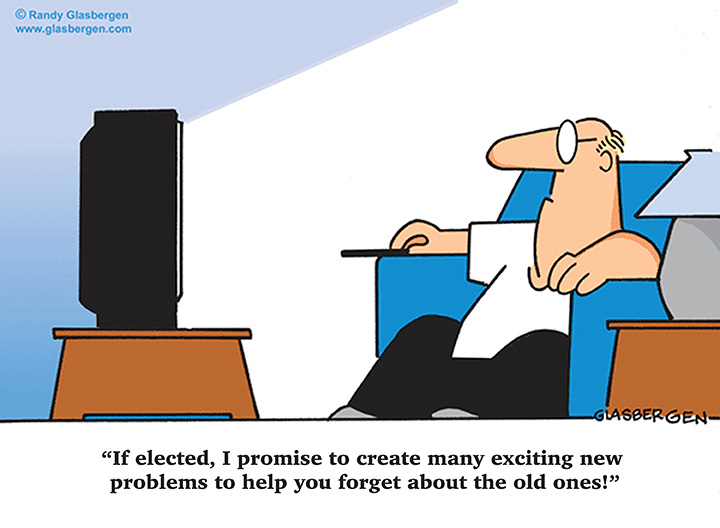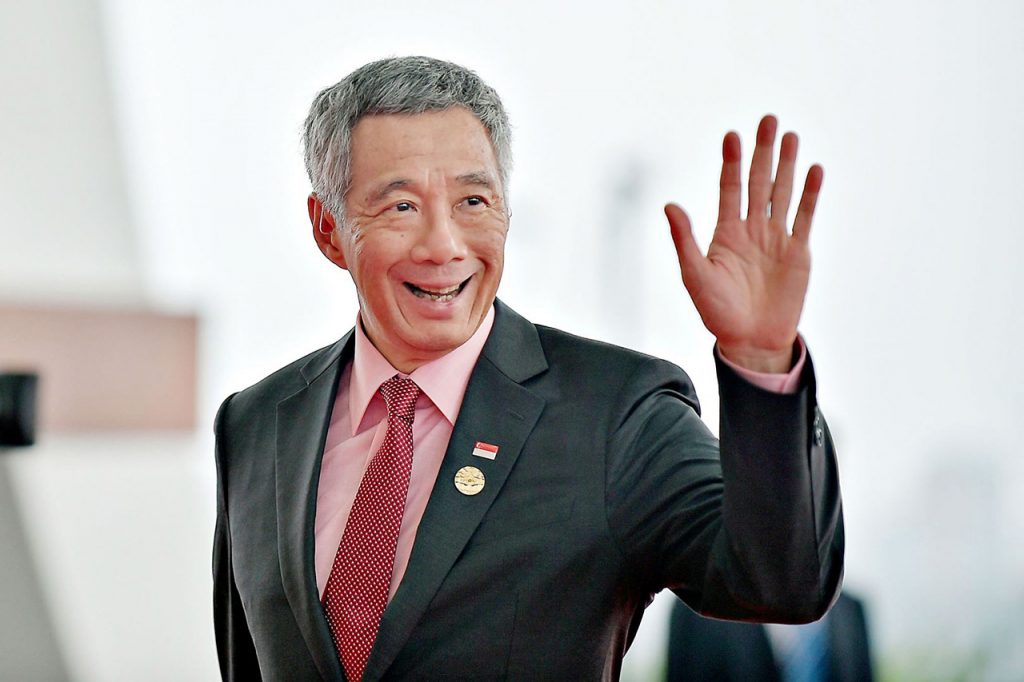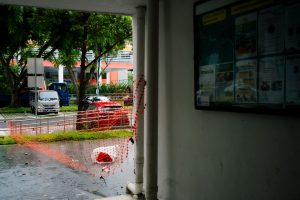We rattled off the various appointments each potential successor to Lee Hsien Loong held, and compared who was most qualified to take the top seat. Those working in the civil service even had one or two tidbits about each candidate’s quirks and working styles to share.
Yet our debates always remained inconclusive because we weren’t able to pick out a single standout minister whom we thought deserved to be the next PM.
Ultimately, the real unknown is not whether Heng Swee Keat, Chan Chun Sing or Ong Ye Kung has the required charisma and experience to lead Singapore into the next few decades.
It’s whether the chosen one would have the courage to cut the ropes that have moored Singapore in 50 odd years of historical legacy, and steer the country into unchartered waters.
ESM Goh Chok Tong wrote in his slightly urgent call to action on Facebook on New Year’s Eve:
“[The new leaders] must write a new inspiring chapter for Singapore, be courageous to make difficult decisions, stand tall with integrity, and earn the respect and trust of Singaporeans and the world at large.”
Inspiration comes not from sticking to old ways or trying to continue one’s legacy, but being different and charting a new path for a country to stay ahead of the curve, just as it once did in the 50 years since independence.
In other words, Singaporeans cannot afford for the next PM to merely follow in the footsteps of Lee Hsien Loong, even if that might be the safest approach.

In contrast, PM Lee held the deputy prime minister position for 13 years before taking over the mantle.
Truth be told, being a successful politician, or even a minister, doesn’t have a minimum age requirement these days. Look at Sebastian Kurz, who was sworn in as Austria’s Chancellor last year at the age of 31.
Then there’s Emmanuel Macron, elected French president at 38, and global sweetheart Justin Trudeau, who became Canadian prime minister at 43. Barack Obama himself entered the Oval Office at 47.
Their election successes represented a longing for change among Generation X and millennials in these respective countries, who make up the bulk of voters today and see these candidates as “non-establishment” politicians able to make the key difference to changing the status quo.
Here in Singapore, Mr Chan and Mr Ong, both 48, may represent a rising young tide in Singapore’s political scene too (Mr Heng is the oldest of the 4G leadership at 56). But it is unlikely that a wave of political change that swept through the Western sphere would hit our shores, given the entrenchment of the incumbent party.
One can only dream that the next General Elections delivers a shock result to open up the possibility of Nicole Seah as Prime Minister.

Conservatism and a firm grip on power in a technocratic state have not changed much in recent decades. That a non-Chinese successor to PM Lee is still not considered a frontrunner today is testament to that, while 2017’s political boo-boos have visibly fuelled further disgruntlement towards the ruling party.
Which is why it’s even more crucial that given the current political sentiment among Singaporeans, our new leader must capitalise on his relative youth to connect with the younger voters.
It’s not so much about knowing how to use millennial lingo and cracking jokes, but having steadfast leadership while bringing electrifying ideas to our country’s roadmap. Singaporeans want to be reassured yet dazzled at the same time.
Associate Prof Alan Chong from the S Rajaratnam School of International Studies said in a Today report that “among other qualities, Singaporeans will take best to a charismatic leader who adopts a “conciliatory” approach on domestic politics and has good standing on the international stage”.
Singaporeans cannot afford for the next PM to merely follow in the footsteps of Lee Hsien Loong, even if that might be the safest approach.
To the government’s credit, they’ve realised this. Many of the initiatives announced last year, especially with regard to jobs, IT, and the labour movement, were designed to tackle the challenges of a new age.
PM Lee also said on Sunday that the national agenda in the second half of this year will bear the imprint of the 4G leadership as they take on greater responsibilities.
This would not just kickstart the transition phase, but also set the gears in motion to repair bridges with a wary population if the next PM, in his DPM role, takes the initiative.
Singaporeans certainly do not want to suffer the “same shit, different day” come the next election.
So wow us, PAP. Show us that you have the balls to let go of Lee Kuan Yew’s legacy and stop invoking it at every opportunity. Dare to be different, instead of risk-averse and reactive, so that our comparative advantage over our competition is insurmountable in the long term.
And may the best man win.






